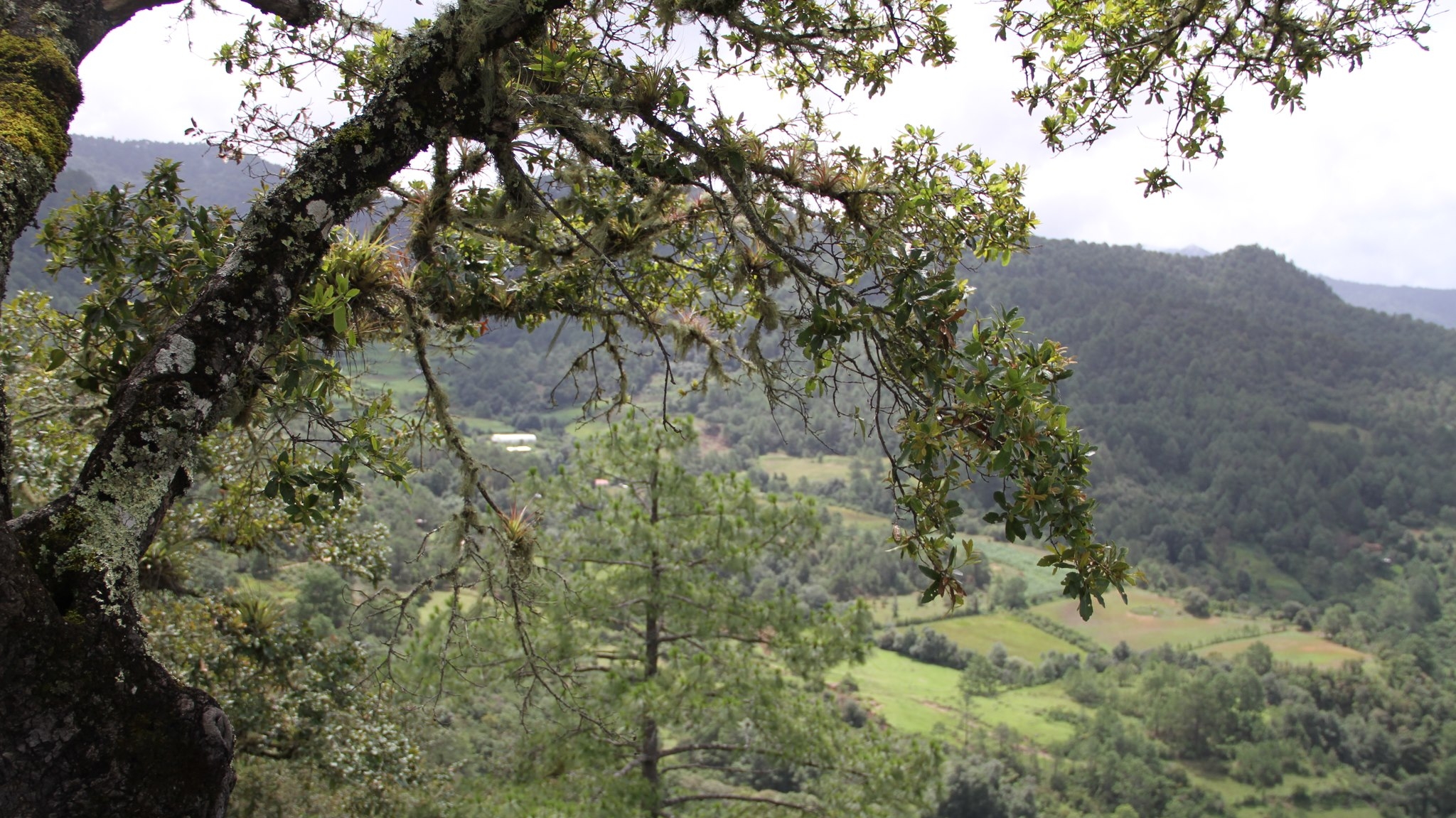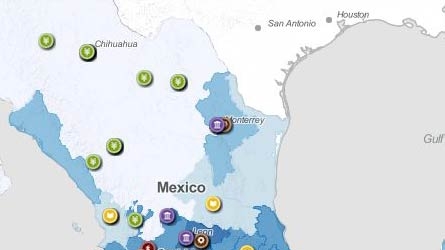Challenge
Mexico is recognized as a global leader in addressing the challenges of climate change. It has enacted one of the most comprehensive legal frameworks on climate change, embraced ambitious targets to lower emissions, and begun the preparation of plans to manage and address the risks of climate change. In addition, all 31 states are requested to prepare specific Climate Change Action Plans (CCAPs). Each CCAP must establish the state's emissions baseline and inventory, define climate change scenarios, identify priorities for adaptation, and, where relevant, mitigation actions, and set forth specific actions to achieve these priorities. CCAPs thus reflect the individual situation in each state and indicate specific mitigation and adaptation measures.
Solution
Beginning in 2011, the World Bank supported the state Governments of Campeche, Michoacán, Oaxaca and Zacatecas to prioritize interventions for climate change adaptation. The World Bank approach consisted of Strategic Environmental Assessments that combined:
- solid analytical work;
- participatory mechanisms;
- a focus on institutions and governance; and
- social learning mechanisms.
The analytical work included the preparation of climate change scenarios, while the engagement of a broad range of stakeholders (including from academia) focused on the validation of such scenarios, prioritization of impacts, and selection of feasible interventions to address priority impacts.
Another key element of the Bank support was the identification of the institutional reforms needed to support these interventions. While the approach was consistent across states, the Bank’s support was tailored to the needs of each state.
Key issues identified in Campeche included coastal erosion, sea level rise and higher frequency and intensity of storms, while higher temperatures, reduced water availability, and impacts on agriculture were identified as priorities in Michoacán and Zacatecas. In Oaxaca, the Bank supported the preparation of the Climate Change Atlas, which provides a series of maps of the state's regions, districts and municipalities, illustrating data on climate change, extreme weather events, bioclimatic parameters and droughts.
Results
The efforts supported by the Bank from 2011-2013 helped to identify climate change adaptation priorities in each state, recognizing their different circumstances and vulnerabilities. As a result, relevant state authorities have approved the policy papers based on a participatory process to prioritize actions and more than 50% of actions called for in the policy papers are now reflected in corresponding work plans and programs in Zacatecas, Oaxaca, Quintana Roo and Campeche.
In addition, guidelines to prepare state climate change action plans based on Social Accounting Matrices have been prepared for Campeche and Quintana Roo.
Consequently, Campeche, Oaxaca, Zacatecas and Michoacán submitted their Climate Change Plans to the Federal Government by early 2013. Additional work in Campeche, Yucatán and Quintana Roo on Green Inclusive Growth is ongoing.
Bank Group Contribution
This analytical work was financed through a grant from the Spanish Fund for Latin America amounted a total of US$350,000. The World Bank (IBRD) will provide additional financing supporting the states’ efforts regarding a regional green inclusive growth strategy for the Peninsula of Yucatán.
Partners
Key partners in completing this analytical and convening work were the Instituto Nacional de Ecologia y Cambio Climatico (INECC) and the Nature Conservancy (TNC).
Moving Forward
Building on the states’ climate change plans, the Government of Mexico is interested in a subnational initiative for Green and Inclusive Growth that will focus specifically on working with subnational Governments in the Yucatán Peninsula region with the objective of piloting green, inclusive growth in key areas in the region. Resilience and social inclusion are the key themes for this initiative.
Beneficiaries
The types of beneficiaries are broad in nature and extend to both the public (direct) and private sector (indirect).

